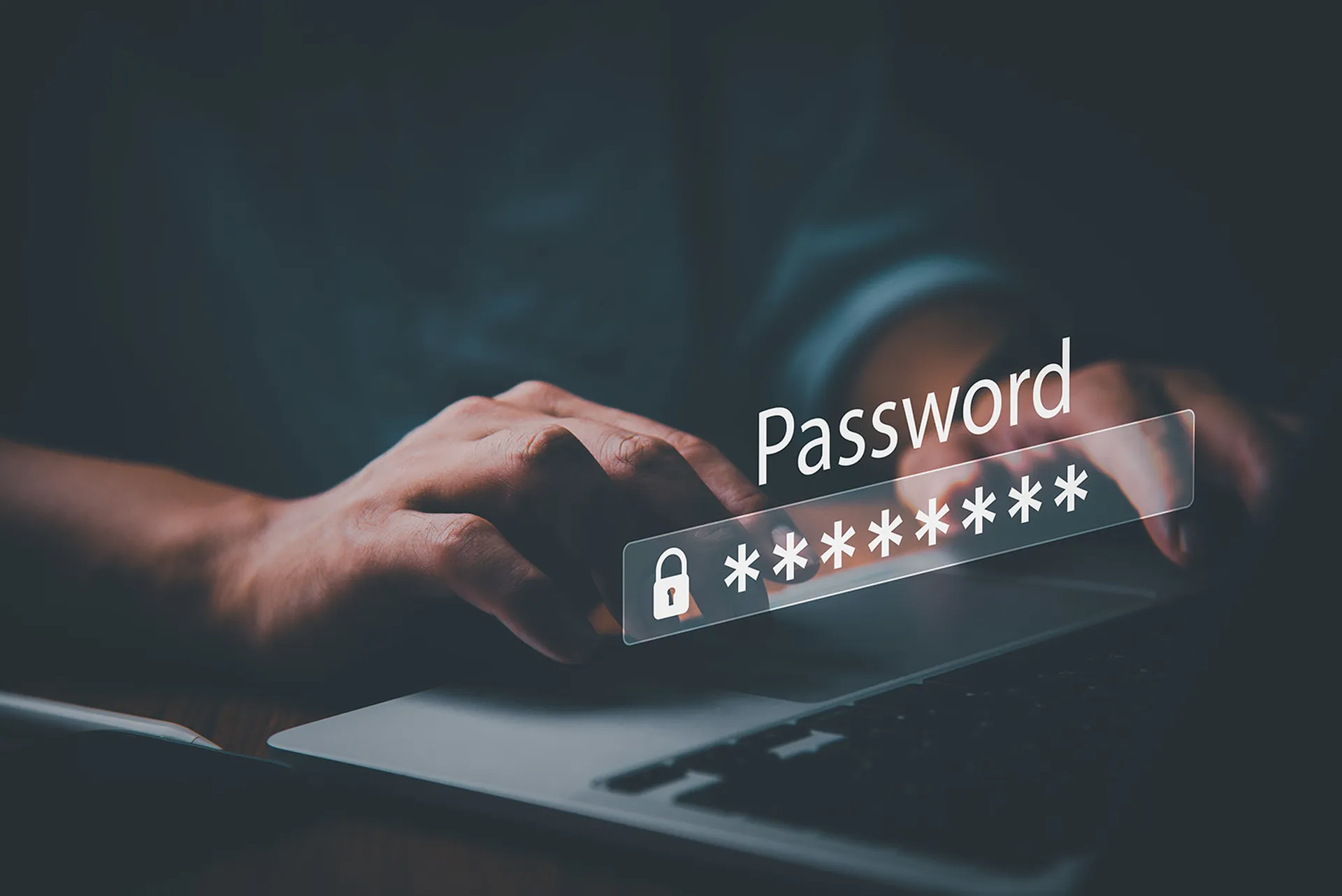Privacy, Government Regulations
Detrimental human rights impact of UN cybercrime treaty raised
SC StaffSignificant human rights concerns have been raised by various organizations regarding the United Nations' cybercrime treaty, including its potential to increase government surveillance powers and repression, amid final negotiation sessions for the treaty, reports The Record, a news site by cybersecurity firm Recorded Future.
Four years after the treaty was decided to be drafted, the UN General Assembly has not clarified the definition of cybercrime nor the coverage of the treaty while providing expanded investigative powers to governments, according to Human Rights Watch senior researcher Deborah Brown.
Moreover, Kenya ICT Action Network human rights defender Victor Kapiyo said that human rights protections under the treaty have been limited and mostly optional, while noting the lack of transparency in cross-border partnerships between governments.
Meanwhile, the treaty's inclusion of measures curbing unauthorized network access and device misuse could hamper ethical hackers and security researchers, said Access Now Policy Director Raman Jit Singh Chima.
"Any discovery of vulnerabilities requires probing networks and poking around to find vulnerabilities in systems and exploits that other bad malicious actors may use. They will also undermine the work of journalists and those in civil society investigating digital systems, whether private sector or government actors," he said.
Get daily email updates
SC Media's daily must-read of the most current and pressing daily news



